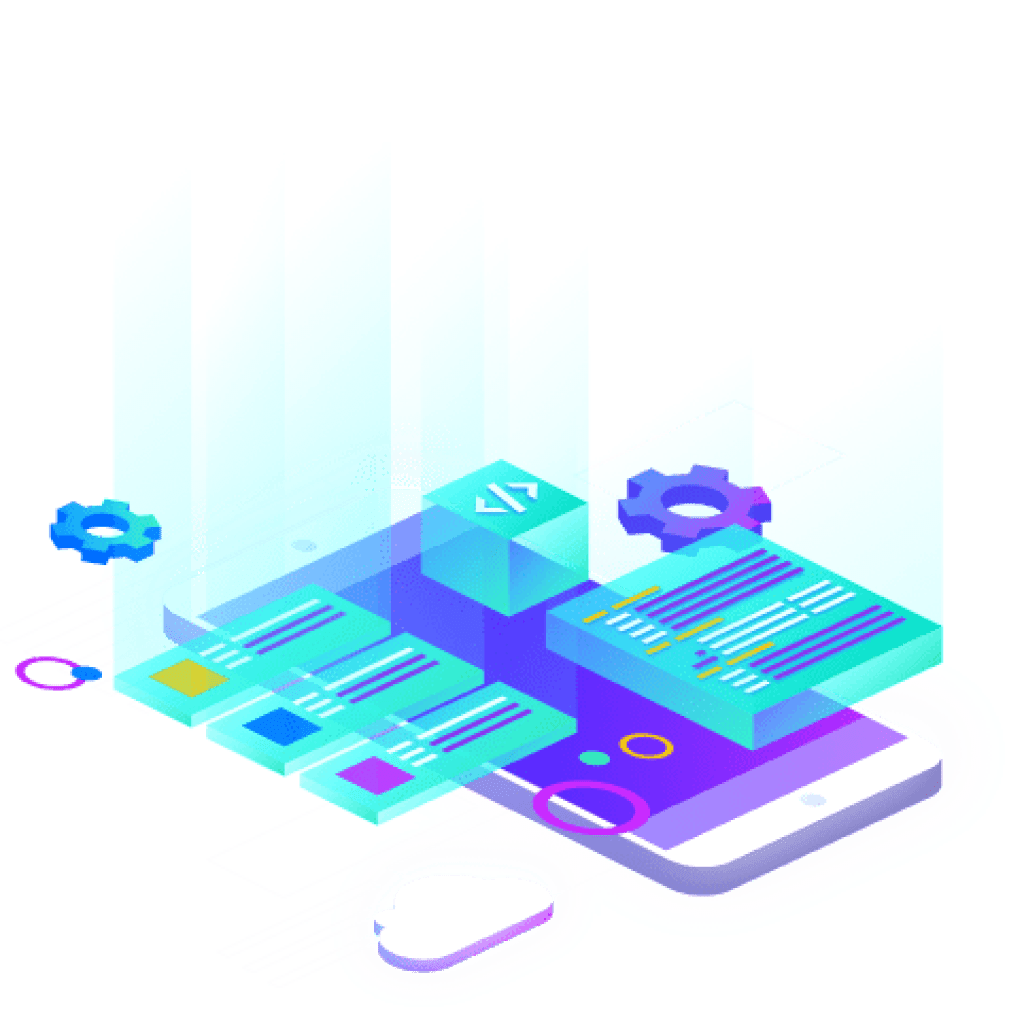Transform your legacy systems with our Application Transformation services, enabling secure, scalable, and efficient cloud native solutions for modern business needs

Transforming your cloud application to modern cloud-native application development is about creating optimized applications for deployment, execution, and management in a cloud computing environment for security, cost optimization and better scalability. Modernization of applications typically employs cloud-native technologies like containers, serverless computing, and Kubernetes. The security, scalability and dependability of cloud-native applications make them ideal for businesses demanding safe, rapid application deployment. Multi cloud environments enable applications to spread across several providers, which makes application development more flexible and economical. Microservices, containerization, and cloud-based storage and computing are examples.

The application transformation journey begins with modernizing legacy systems using microservices to create modular components. Containers like Docker ensure consistent, portable deployments, while DevOps practices enable seamless collaboration, continuous integration, and delivery. Next, data modernization leverages advanced storage and real-time analytics. The process concludes with enhanced security measures and AI integration for smarter, more efficient applications.

Our Application Transformation service leverages modern architectures like containers, DevOps, data modernization, and AI development. By incorporating intelligent features such as natural language processing, machine learning, and predictive analytics, we help businesses innovate, enhance efficiency, and stay competitive in today’s fast-evolving digital landscape

Cloud Migration is a process of migrating an application system from legacy architecture to a cloud that usually operates as a service model. Cloud migration can help organizations achieve greater scalability, flexibility, and cost-efficiency in their IT operations. By leveraging the benefits of cloud computing, organizations can reduce their infrastructure and operational costs, improve their ability to rapidly deploy new applications, and enhance their data security and accessibility.
Cloud management and monitoring services enable businesses to manage, monitor and optimize their cloud infrastructure, apps, and services.
The policies, procedures, and technologies used to safeguard cloud computing environments' data, applications, and infrastructure resources constitute cloud security. It encompasses the protection of data stored and accessed in the cloud and the security of apps and services used to access that data.
Servixon values your privacy and allows you to choose the types of cookies we use when you visit our website. You can use the "Manage Settings" option in the banner to customize your cookie settings. Cookies help us enhance your browsing experience, improve the website's performance, deliver relevant content, and enable sharing on social networks. Please note that disabling certain cookies may affect your browsing experience and limit the availability of some features. Your choices will be saved by Servixon for a duration of 3 months, after which you will need to set your preferences again. For a detailed list of cookies used in each category, please refer to our Cookie Policy.